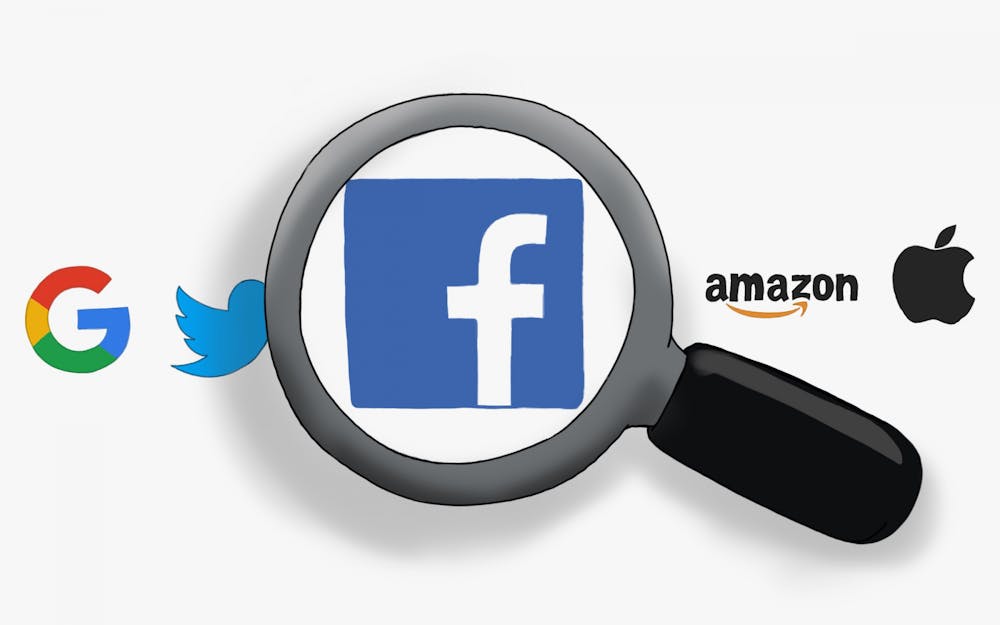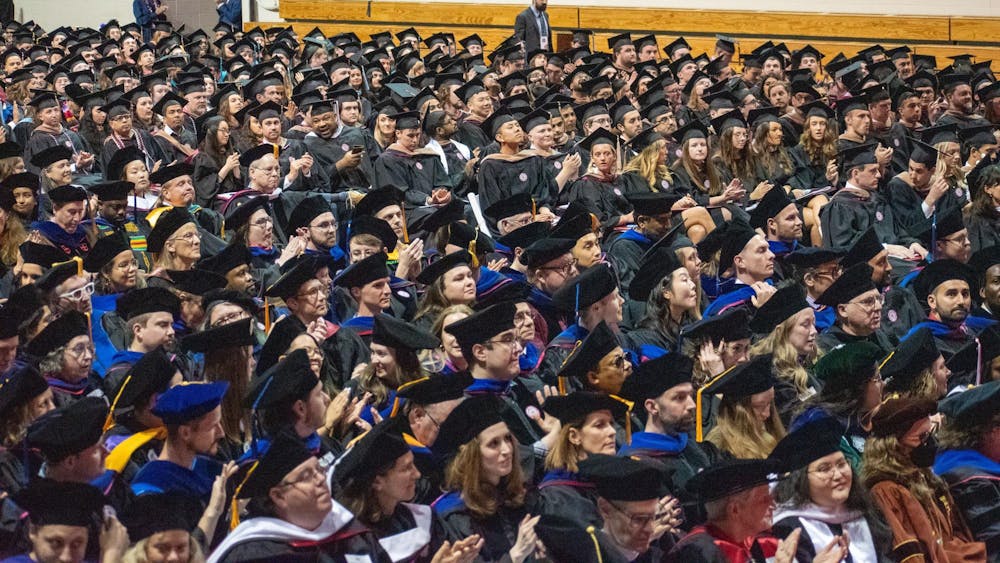Indiana Attorney General Todd Rokita announced in a statement April 7 he is planning to investigate several Big Tech companies to find whether they harmed Indiana consumers through deceitful business practices.
Rokita said he plans to investigate Apple, Amazon, Twitter, Google and Facebook and will focus on how the companies allegedly limit consumers' access to content reflecting a politically conservative point of view, according to the statement.
IU law professor Fred Cate said details about the Rokita’s probe are unknown. He said he thinks the probe could be looked at in two ways: the silencing of conversative speech online or the power Big Tech companies have over consumer speech.
Cate said the First Amendment is a clear principle of constitutional law and can only be applied to public entities, like IU, and not private companies like Twitter.
“Twitter is welcome to block speech that it wishes,” Cate said. “It's a private company. It's not bound by the First Amendment.”
Investigating the power these companies have over speech and communication in the U.S. could call into question the protections states give to companies and how they are regulated, Cate said.
“There are a lot of laws that protect them and protect their business,” Cate said. “Maybe states should consider whether to withdraw some of that protection or to try to regulate them in different ways.”
Cate said companies like Facebook are protected from being held responsible for false or defamatory speech created by users under section 230 of the Communications Decency Act. Section 230 says that no user or provider of an interactive computer service can be treated as the publisher or speaker of content when it is provided by another user.
IU law professor Daniel Conkle said this code means Twitter and Facebook cannot be liable for speech posted by their users.
“Further, neither Facebook nor Twitter can be held liable whether or not they in fact choose to delete that content,” Conkle said. “With respect to content decision making, they are basically immune from regulation under current law.”
Conkle said it’s clear Big Tech companies are powerful and have the ability to control the flow of ideas. The legal difficulty comes with the government's inability to restrict content and the private companies’ right to do so, he said.
“In essence, you have an inability of law to intervene in a way that somebody, like Attorney General Rokita, is urging it should intervene,” Conkle said.
IU law lecturer Joseph Tomain said one of the major issues concerning the freedom of speech on the internet is net neutrality. Net neutrality is the idea that all internet service providers must treat all internet data the same regardless of its kind, source or destination, according to Merriam Webster.
Tomain said internet service providers should not be able to take content down because they don’t like the speech for political, economic or social reasons.
Tomain said the major issue was internet service providers and intermediaries, entities that provide services that enable others to use the internet, blocking speech online. Tomain said regardless of one's personal beliefs surrounding Amazon Web Services' choice to take down Parler, people should be concerned about companies like it starting to censor speech.
“This is an area where a federal policy I think would make sense when we're talking about net neutrality and what kind of limits and transparency we want from intermediaries like Amazon Web Services,” Tomain said.
The probe will also investigate alleged actions taken by attorney Vanita Gupta, President Joe Biden’s associate U.S Attorney General nominee, to encourage companies to censor conversative viewpoints, according to Rokita’s statement.






